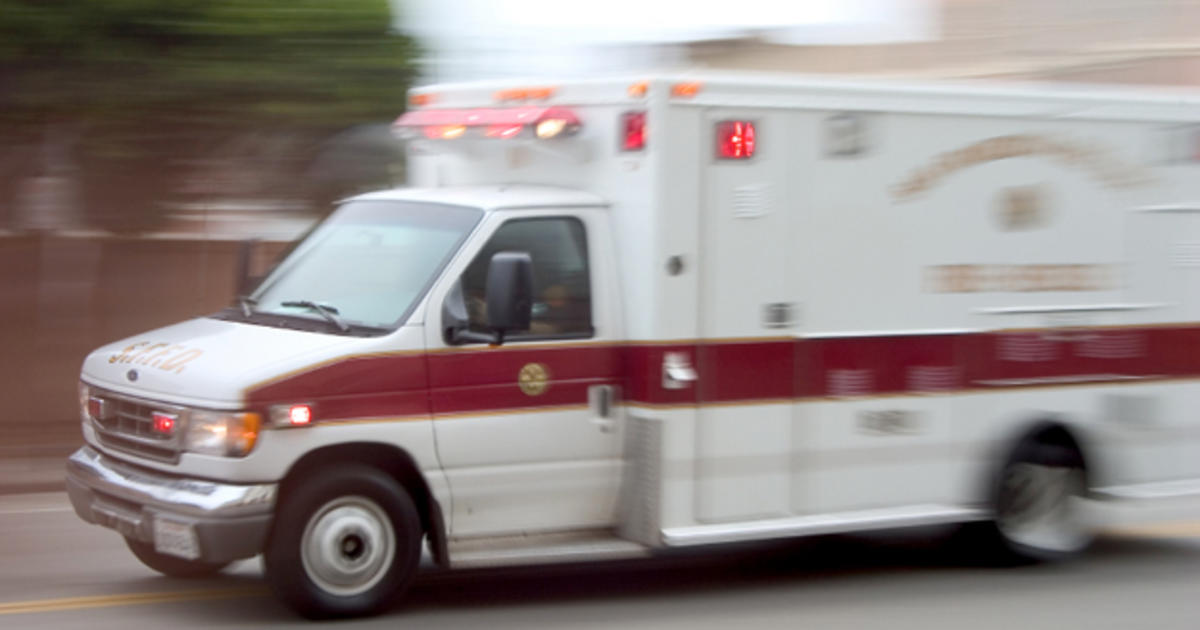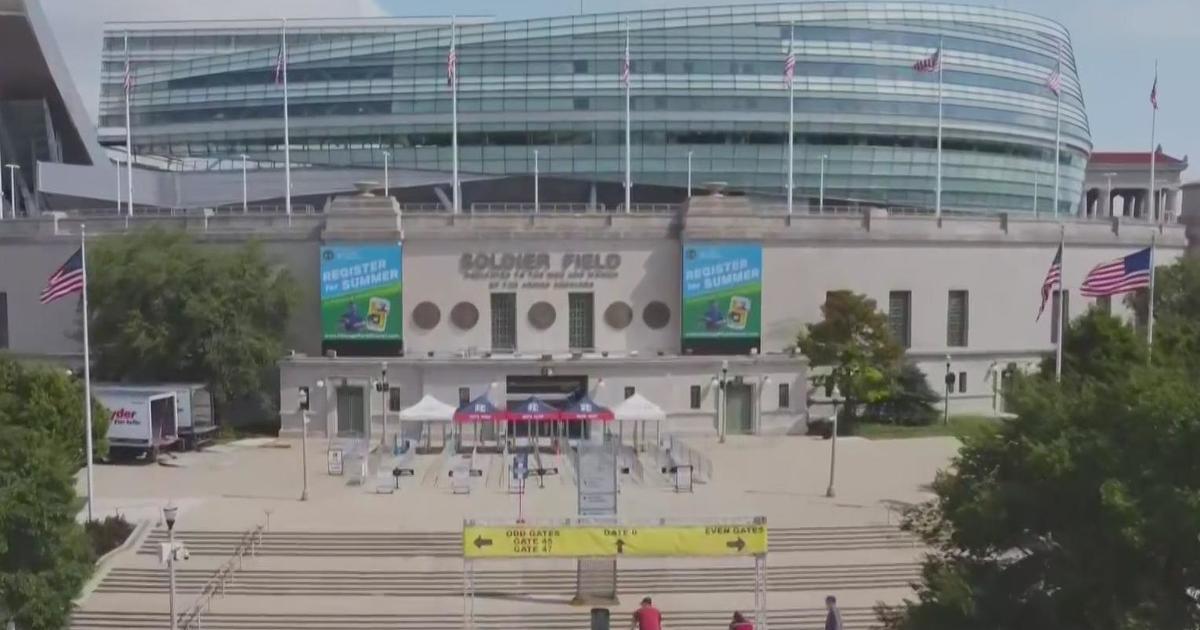Wisconsin, Nebraska Removed From Chicago's Emergency Travel Order; 2 States Added
CHICAGO (CBS)-- Changes have been made to Chicago's emergency travel order.
Wisconsin and Nebraska have been removed from Chicago's quarantine list on Tuesday. Iowa and Kansas have been added to the list. Chicago's travel order now covers 19 states and Puerto Rico. States are added to the list if they see more than 15 cases per 100,000 population.
According to the city, Arizona and North Carolina have seen decreases in coronavorus and it's possible they could be removed from Chicago's travel order as early as next week.
You must quarantine for 14 days when you return to Chicago from any of the states on the list.
The city will ticket those in violation of the travel restrictions. Tickets will range from between $100 and $500 with a $7,000 maximum. Wisconsin and Nebraska were added to the list on July 28.
At a news conference, Doctor Allison Arwady, Commissioner of the Chicago Department of Public Health said despite the travel order, numbers in Chicago are improving.
"We have not seen any increase in hospitalizations and ICU hospitalizations, in patients on ventilators that's good news. It means that well we've been able to tolerate some of these increased cases, particularly among younger people. We've not seen a lot of spread at this point to people who are older people who have underlying conditions, who would be at high risk for hospitalization," Arwady said.
Data on numbers in Chicago can be found at the COVID Daily Dashboard. The current positivity rate stands at 5%, which is a slight dip from last week's number at 5.2%. So far, the city has recorded more than 66,000 coronavirus cases since the beginning of March. The head of CDPH said the group with the highest number of cases continues to be with young people.
"They are still the group where we are seeing the most new cases. Early on in this outbreak, when we were really seeing those very bad numbers, we were seeing a lot of cases and the highest numbers in older Chicagoans people over 70 and even over 80," Arwady said. "The fact that we've now flipped that is good news again in terms of those severe outcomes are protecting most vulnerable Chicagoans. We continue to have a major focus on outreach in that 18 to 29-year-old group we continue to keep a close eye on it."
Arwady added that spread is mainly coming from small gatherings and not much from people traveling out of state.
"We're not seeing a lot of people traveling outside, Illinois, only six to 10% of the cases in those hotspot areas are reporting travel outside Illinois, as compared to about 17% of the cases in the rest of the city," Arwady said. "We're also not seeing a lot of spread from people attending events and gatherings among cases really across the whole city. It's seven to 10% of cases. After attending some sort of large event, we've asked about things like protests, we've asked about things like larger religious gatherings where large numbers may come together. That's not broadly what people are reporting as risk factors for spread. Instead, what we see, particularly in northwest and southwest Chicago which are heavily Latinx communities."
She added "we're still seeing on average, two to three people dying every day just among Chicago residents. So I don't want people to let their guard down. I do want everyone thinking twice."
Even with social distancing measures, Arwady said it's important to pay attention to people in your "bubble" the people that you come into contact with regularly.
"Who do you see without making sure you're both wearing masks? That you're both keeping that social distancing. Those people are in your bubble and if any of them are over 60 or have underlying conditions, you need to be more cautious about the risks you're taking," Arwady said. "Step two, you want to think about: Can you avoid crowds? Can you avoid interactions with people you don't know? Can you keep that six-foot distance? Can you always wear a mask and ease the activity outdoors? If the answer to all of these things is yes, that's a pretty low risk activity."
Despite the lower risk, Arwady emphasized the need to always be cautious and use COVID-19 protection measures.
"As you start thinking about higher risk activities, particularly if there are folks who are at higher risk within your bubble, I ask everyone in Chicago to do the things that we know work where those face coverings. Keep your physical distance, do the good hand hygiene and protect those among us who are most vulnerable. If we do that, I'm confident we will continue to keep this outbreak broadly in control."
With the upcoming flu season, Arwady said it's imperative for people to get immunized, as influenza cases like coronavirus cases, can lead to hospitalizations.
"The last thing we want to see this fall and winter is any amount of COVID, even the amount we have now on top of our predictable pandemic which is our flu season every year, or hospitals get full every winter, largely because of flu," Arwady said. "In the southern hemisphere, we've seen some pretty good news so far that the flu season has not been as bad as it often has in prior years because people have been being careful with COVID, all of the things that you do in terms of keeping your distance, washing your hands wearing your masks will probably help protect against other respiratory diseases like influenza. But the vaccine is so important, especially for younger people and older people. Flu hits young people very hard. We have young people, hospitalized, every year from flu we have deaths every year in Chicago from young people from influenza. We have a vaccine and we need people to get it."






